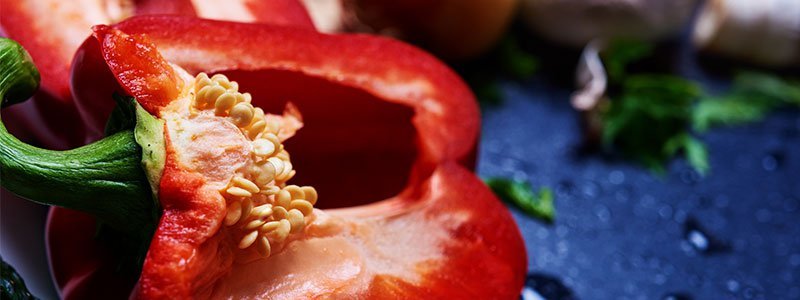Tin: Detailed Datasheet
Other Names
Atomic Number 50, Estanho, Estaño, Etain, Latta, Sn, Stannum, Tenn, Zinn.
Tin (Sn) is a metal. It can exist by itself as a pure compound, or as part of inorganic or organic compounds. Inorganic tin compounds form when tin combines with other elements such as chloride, fluoride, sulfur, or oxygen. Organic tin compounds form when tin binds to carbon.
People take tin by mouth for cancer.
People apply tin to the skin for bad breath, dental cavities, sensitive teeth, gingivitis, plaque, and hair loss.
Tin is used to make plastics, pesticides, paints, wood preservatives, and rodent repellants in manufacturing.
How does it work?
Tin fluoride seems to prevent bacteria from forming, which might prevent plaque and cavities. Tin compounds also seem to prevent the nerves around the teeth from being stimulated, which can prevent tooth sensitivity.
Insufficient Evidence to Rate Effectiveness for...
- Sensitive teeth. Research suggests that applying a gel containing tin fluoride to the teeth might reduce tooth sensitivity. However, it does not seem to be as effective as a sodium fluoride solution.
- Dental plaque. Some research shows that using a paste containing tin fluoride prevents plaque from forming better than some other toothpastes. However, there are inconsistencies with this research.
- Gingivitis. Some evidence suggests that using a paste containing tin fluoride reduces gingivitis better than some other toothpastes. However, there are inconsistencies with this research.
- Cancer.
- Bad breath.
- Dental cavities.
- Hair loss.
- Other conditions.
Natural Medicines Comprehensive Database rates effectiveness based on scientific evidence according to the following scale: Effective, Likely Effective, Possibly Effective, Possibly Ineffective, Likely Ineffective, and Insufficient Evidence to Rate (detailed description of each of the ratings).
There isn't enough reliable information available about tin to know if it is safe.
Some forms of tin (inorganic tin) might cause stomach problems, including diarrhea, stomach pain, or nausea when taken by mouth in large amounts. Other types of tin (organic tin) might cause headache, dizziness, seizures, vision problems, confusion, and possibly death when taken by mouth or when inhaled.

QUESTION
Next to red peppers, you can get the most vitamin C from ________________.
See Answer
The appropriate dose of tin depends on several factors such as the user's age, health, and several other conditions. At this time there is not enough scientific information to determine an appropriate range of doses for tin (in children/in adults). Keep in mind that natural products are not always necessarily safe and dosages can be important. Be sure to follow relevant directions on product labels and consult your pharmacist or physician or other healthcare professional before using.
